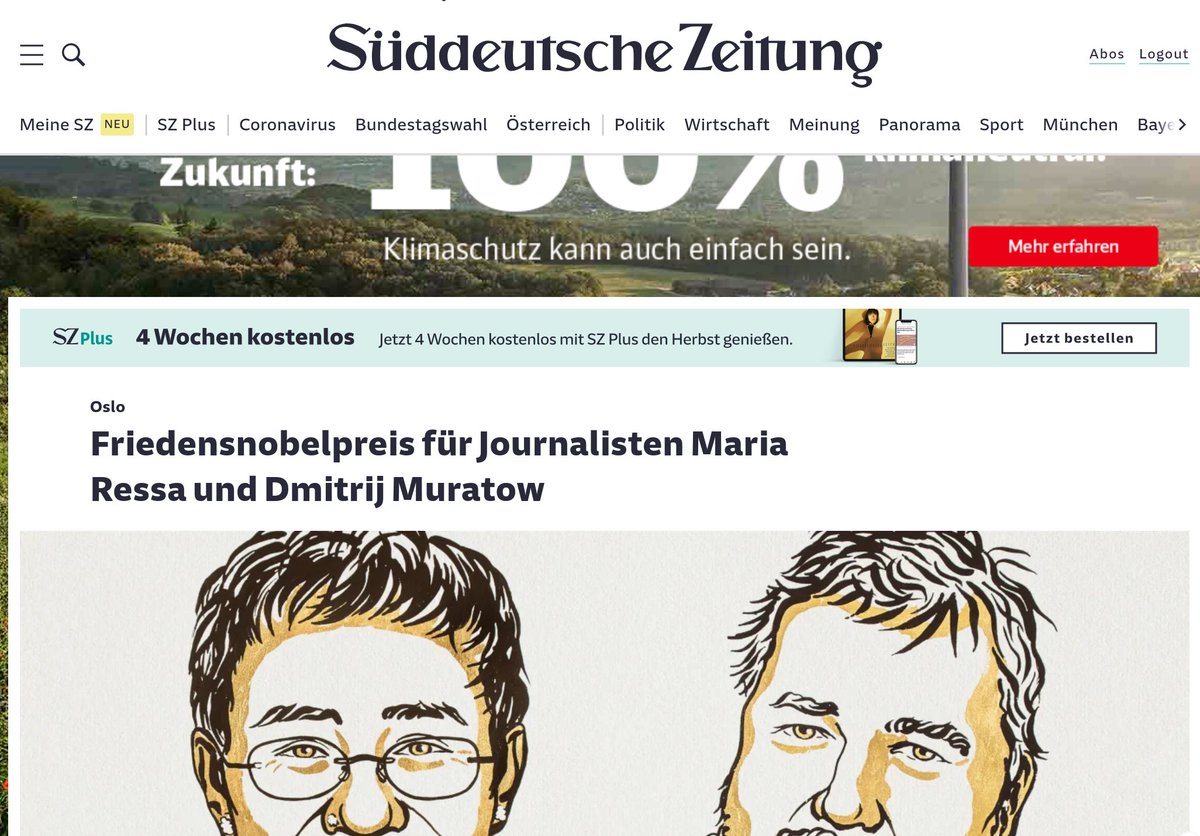
Y'think, journalists, this just might be a failure of journalism? Climate change has almost never been discussed, for example, in presidential debates of recent vintage.
The strong winds of climate change have failed to move the opinions of many Americans washingtonpost.com/climate-enviro…
The strong winds of climate change have failed to move the opinions of many Americans washingtonpost.com/climate-enviro…
Journalists are willfully blind to the paradox of their work: They insist their journalism has impact but they refuse to acknowledge that impact at critical moments: like supposed worsening approval of a president or unease about the economy stirred up by the journalism itself.
Journalists also need to acknowledge their bias and the self-fulfilling prophesy of polls. As James Carey taught, polls preempt the public conversation they are supposed to measure. medium.com/whither-news/p…
In short, journalists fancy themselves observers when they are actors and they refuse to acknowledge that and their impact, even as they like to boast about their impact. The journalistic paradox.
Here is The Times' resident economist/columnist telling us not to panic about inflation while The Times and the rest of media scream we should panic.
History Says Don’t Panic About Inflation nytimes.com/2021/11/11/opi…
History Says Don’t Panic About Inflation nytimes.com/2021/11/11/opi…
• • •
Missing some Tweet in this thread? You can try to
force a refresh






